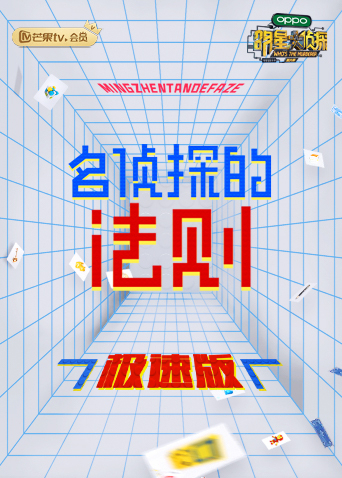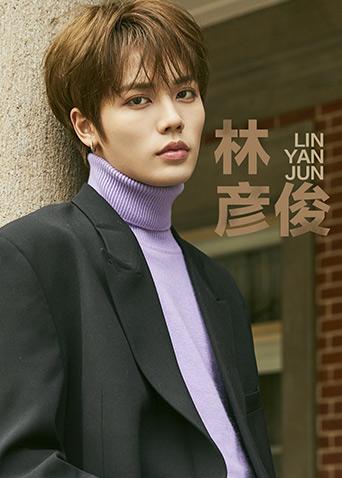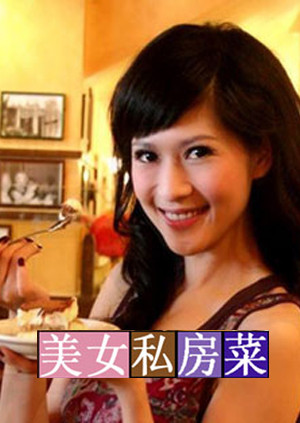 童丽
童丽
发表于6分钟前回复 :After the Great Earthquake in Northeastern Japan, Mitsuo is sent to a mental hospital from the strain of grief from working to clear out the debris of the disaster. When he is released 3 years later, he feels a moment of happiness as he is welcomed back by his brother Yuta, his wife Yoko, their first daughter Chie, and their second daughter Itsuki, who has a down syndrome.The next day, Chie wishes to go to the amusement park, and Mitsuo takes Chie and Itsuki there. But these happy moments don't last long, and the incident happens at the park. Chie dropped Itsuki on the concrete when Mitsuo took his eyes off of them. Yoko cannot accept Itsuki's death, madly questions Chie and Mitsuo. In this pressure, Chie lies that "Uncle Mitsuo dropped Itsuki." As Yoko goes through a mental breakdown from the shock. Becoming full with regret day by day, Yoko accuses Yuta and questions if he felt relieved that Itsuki died. Hearing this fight between her parents, Chie's heart was also slowly being ...
 肯尼罗杰斯
肯尼罗杰斯
发表于3分钟前回复 :"Sinofuturism is an invisible movement. A spectre already embedded into a trillion industrial products, a billion individuals, and a million veiled narratives. It is a movement, not based on individuals, but on multiple overlapping flows. Flows of populations, of products, and of processes. Because Sinofuturism has arisen without conscious intention or authorship, it is often mistaken for contemporary China. But it is not. It is a science fiction that already exists.Sinofuturism is a video essay combining elements of science fiction, documentary melodrama, social realism, and Chinese cosmologies, in order to critique the present-day dilemmas of China and the people of its diaspora.With reference to Afrofuturism and Gulf Futurism, Sinofuturism presents a critical and playful approach to subverting cultural clichés.In Western media and Orientalist perceptions, China is exotic, strange, bizarre, kitsch, tacky, or cheap. In its domestic media, China portrayed as heroic, stable, historic, grand, and unified. Rather than counteract these skewed narratives, Sinofuturism proposes to push them much further.By embracing seven key stereotypes of Chinese society (Computing, Copying, Gaming, Studying, Addiction, Labour and Gambling), it shows how China's technological development can be seen as a form of Artificial Intelligence."






